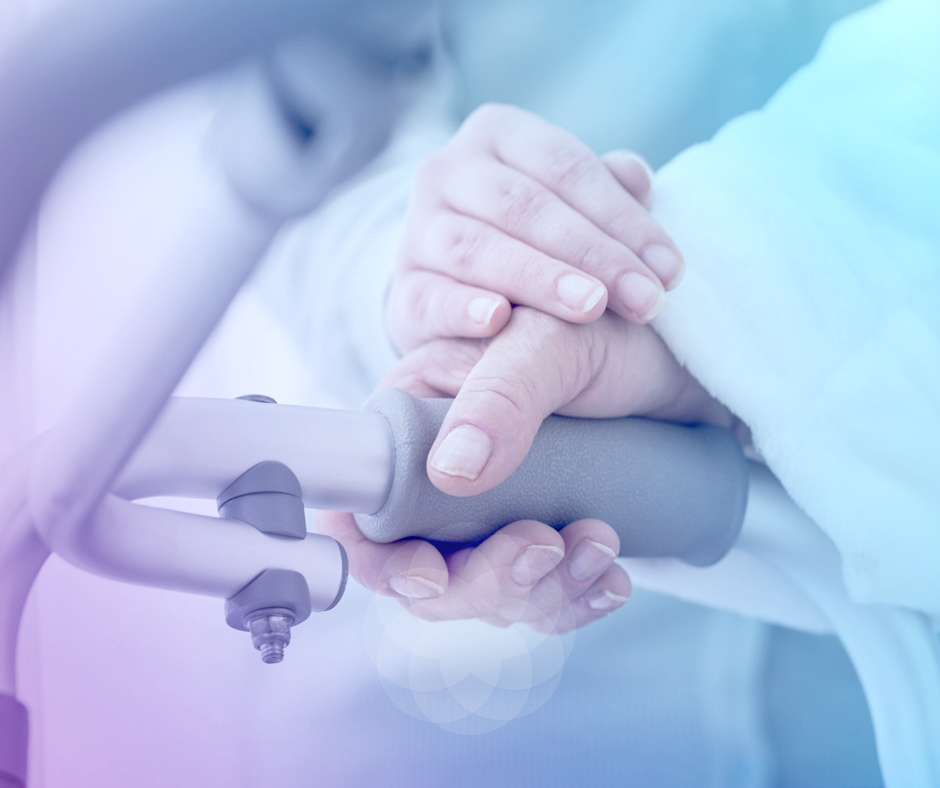
Living Well with Mobility Limitations
Mobility Limitations can be a risk factor for several conditions and lead to increased isolation and loneliness. A carer helps to make your home more accessible.
Anxiety disorders are characterised by worry, fear or dread that may be disproportionate to the situation and interfere with a person’s daily life. This can manifest in several ways, for instance as phobias, social anxiety, post-traumatic stress disorder and obsessive-compulsive disorder. But the most common anxiety disorder diagnosed in older adults is generalised anxiety disorder (GAD).
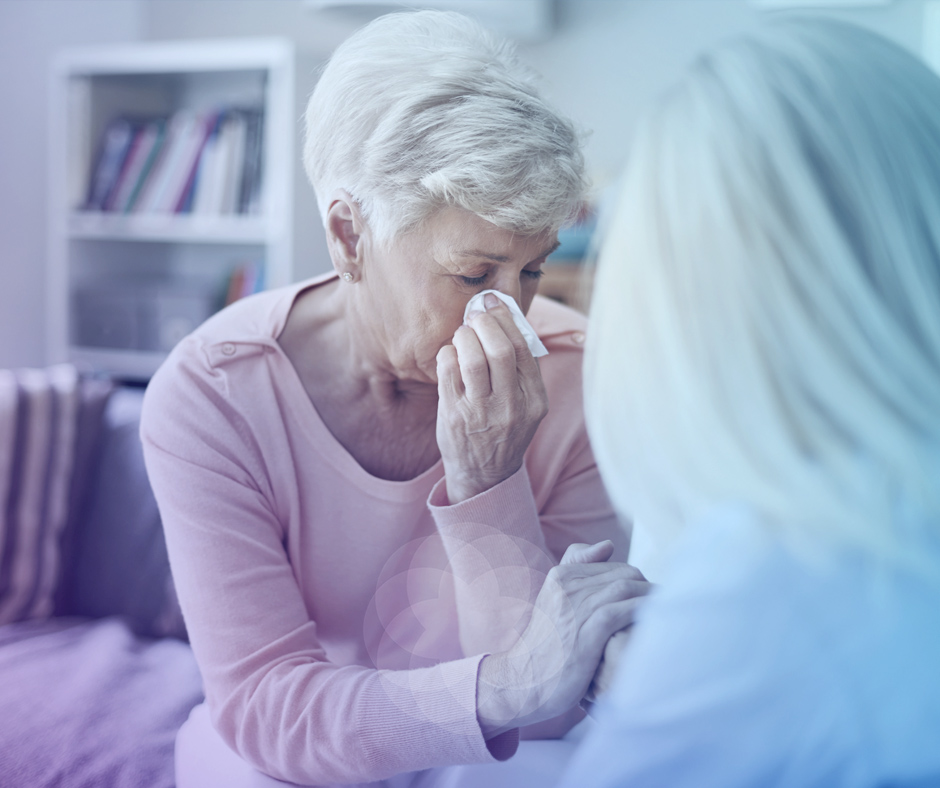
For older adults, anxiety more commonly occurs in the following circumstances:
Signs and symptoms of anxiety include excessive worry; avoiding social situations; being overly concerned about safety; physical symptoms such as a racing heart, shallow breathing and nausea; poor sleep and hoarding behaviours.
If you are concerned about a loved one, signs to watch out for include changes in daily routines, discussion about worries that seem excessive, increases in alcohol intake or over-the-counter medications and changes in overall mood.
Treatment options for anxiety include:
A carer can help by implementing positive lifestyle changes to improve physical and mental health. Lifestyle changes may include assistance with healthy meals, help to get active, assistance with household chores, and emotional and social support. They can also provide transportation and support to attend medical appointments.
Sign Up Free and search for support to find the care you need to keep you healthy.
SHARE
TAGS
Keep updated and safe with InPlace Care Updates

Mobility Limitations can be a risk factor for several conditions and lead to increased isolation and loneliness. A carer helps to make your home more accessible.
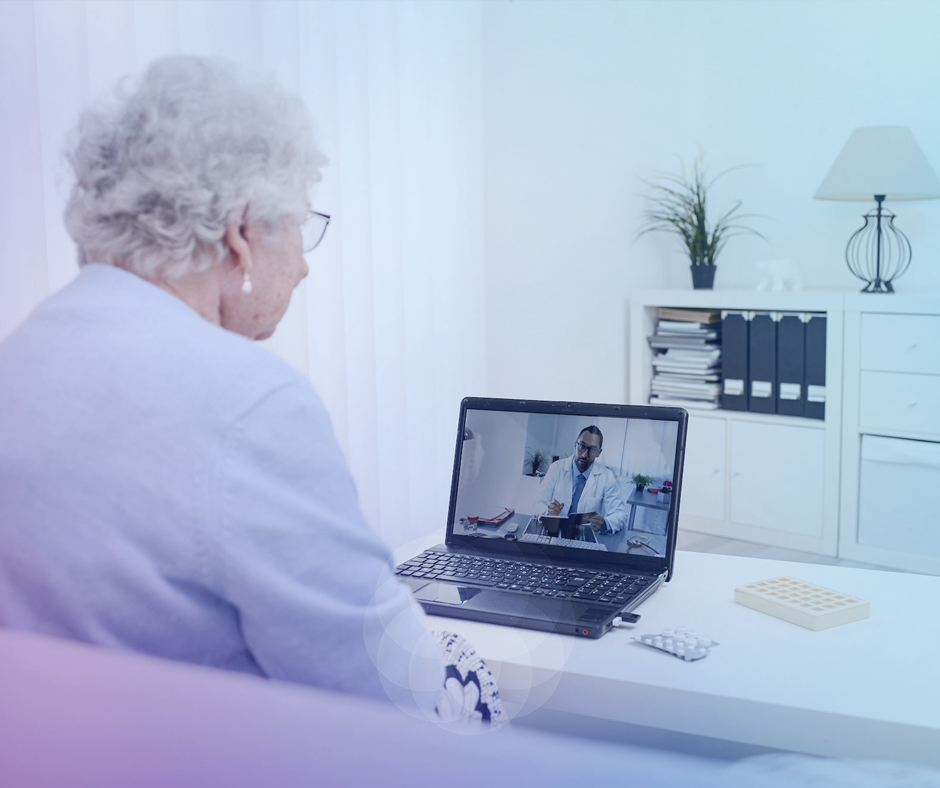
Many of us have had our first experiences of telehealth in the past year, as appointments that do not require a physical examination are often being conducted online during covid lockdowns.
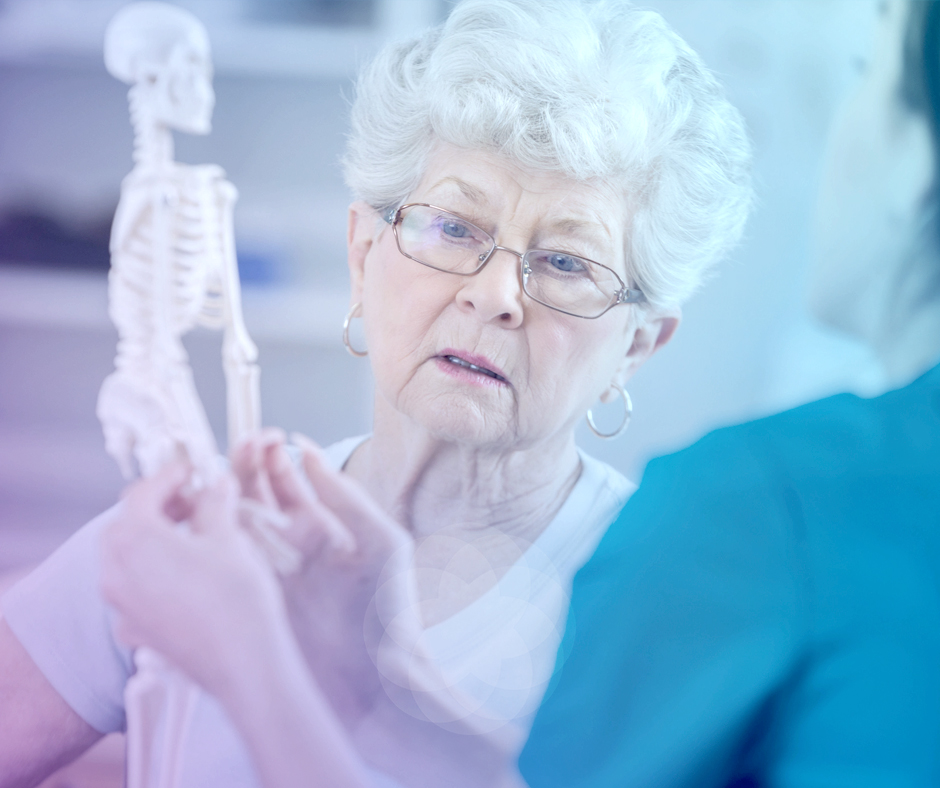
Osteoporosis (porous bones in Latin) is a condition causing a loss of bone density which makes the bones brittle and susceptible to breaking. Osteoporosis is more common in older age.
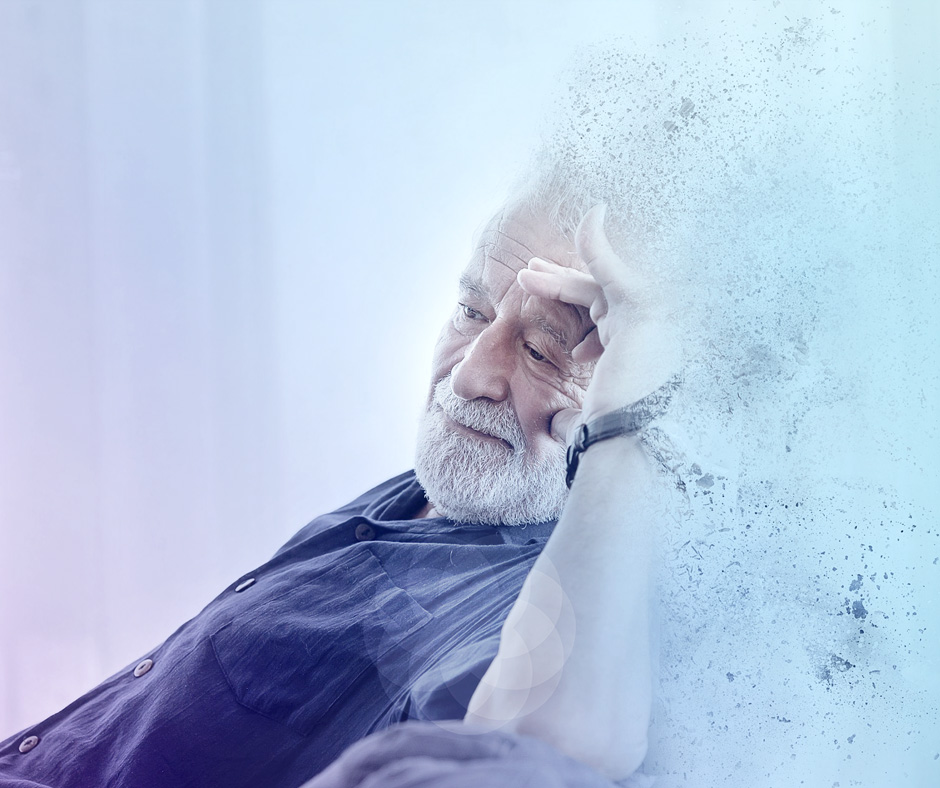
Wandering or becoming lost is a common occurrence for people living with dementia and it can be a major cause of worry for their family and friends.
Use modern technology to service your loved ones safely to maintain their independence in their own homes at a Cost-Effective Price.
Newsletter
Join our mailing list for the latest news about our events, promos and exciting offers!
No spam, ever. Your email address will only ever be used for InPlace Care.

We know that the COVID-19 virus presents significant challenges and concerns for our clients and their families. InPlace Care have instigated many new operational actions to protect clients in the community.
OUR RESPONSE
WHAT WE HAVE DONE
WHAT WE ARE DOING
The Inplace Care worker visiting your home is taking the necessary measures to ensure you say safe.
This includes following advice from Australia’s Chief Medical Officer about when to use equipment such as masks, gloves, aprons or gowns, and protective eyewear.
Most importantly, look after yourself and keep safe.
The program will run for 4 weeks in February 2021.
The promotional FOC Care is only redeemable for new Clients that register and receive Care in February 2021.